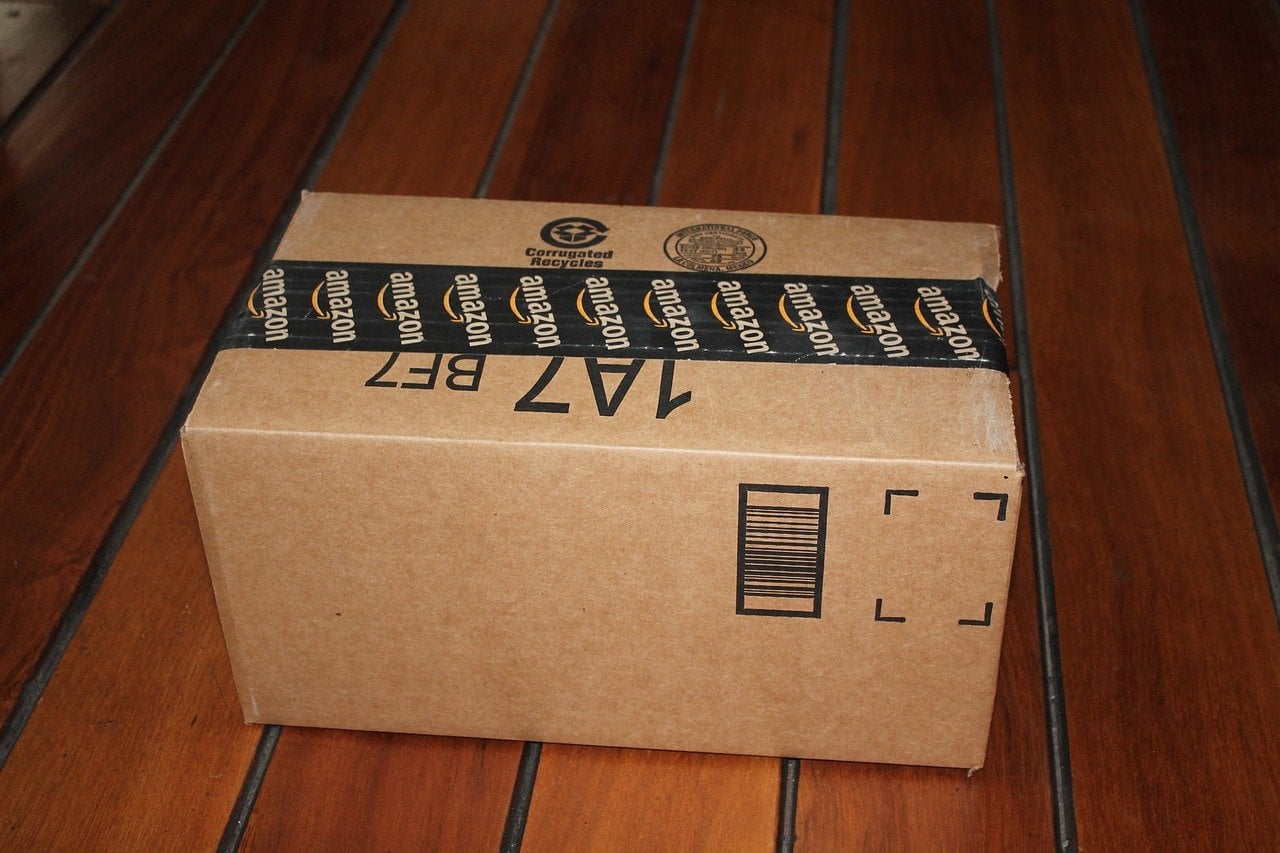Amazon Inc (NASDAQ:AMZN) has started delivering packages of the likes of eBay Inc (NASDAQ:EBAY) and Etsy Inc (NASDAQ:ETSY) through its MFC division. With this, the e-commerce giant wants to seize a chunk of the juicy logistics business in the U.S.
Q2 2021 hedge fund letters, conferences and more
Delivering to final customers
eBay and Etsy customers are startled as some of their orders began arriving via Amazon. According to the Financial Times, registered sellers on these and other websites are finding the latter’s packaging and logistics infrastructure pretty convenient.
Through the Amazon Multi-Channel Fulfillment (MFC) –a division within the Fulfillment By Amazon (FBA) program– “Sellers gain the convenience of keeping their stock within one system, while Amazon grabs a slice of its competitors’ business.”
More importantly, within the competitive landscape spawned by the pandemic, MFC allows sellers to fulfill delivery promises in terms of time and customer preference.
The tech giant has been investing heavily in MFC since 2007, and more recently partnered with software companies that can boost the service.
Peter Kearns, former business development manager for Amazon’s fulfillment services told FT: “It’s right in [Amazon’s] playbook … They already have a large e-commerce infrastructure with millions of sellers and billions of units. It makes total sense.”
A giant logistics muscle
According to logistics analyst Marc Wulfraat, Amazon will have handled up to 7.5 billion packages in 2021, excluding those shipped through FedEx Corporation (NYSE:FDX) or United Parcel Service Inc (NYSE:UPS).
At present, the company has 40% of the e-commerce market share in the U.S., which puts it in a privileged position to understand consumer habits inside out.
The situation puts rivals in a sort of “frenemy” relationship with Amazon as they will try to compete “while at the same time using the company to offer the kind of delivery speeds consumers have come to expect.”
As has been the case, with Amazon’s FBA business, retailers can upload their products to the platform without worrying about packaging or shipping. Once there, Amazon creates, packs and ships their orders in addition to managing customer service and returns for them.
The FBA service began in 2005 with just 4 vendors, adding that “today, thousands of merchants outsource us to manage logistics and thus focus on growing their businesses.”
Amazon is part of the Entrepreneur Index, which tracks 60 of the largest publicly traded companies managed by their founders or their founders’ families.






